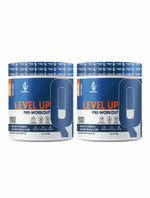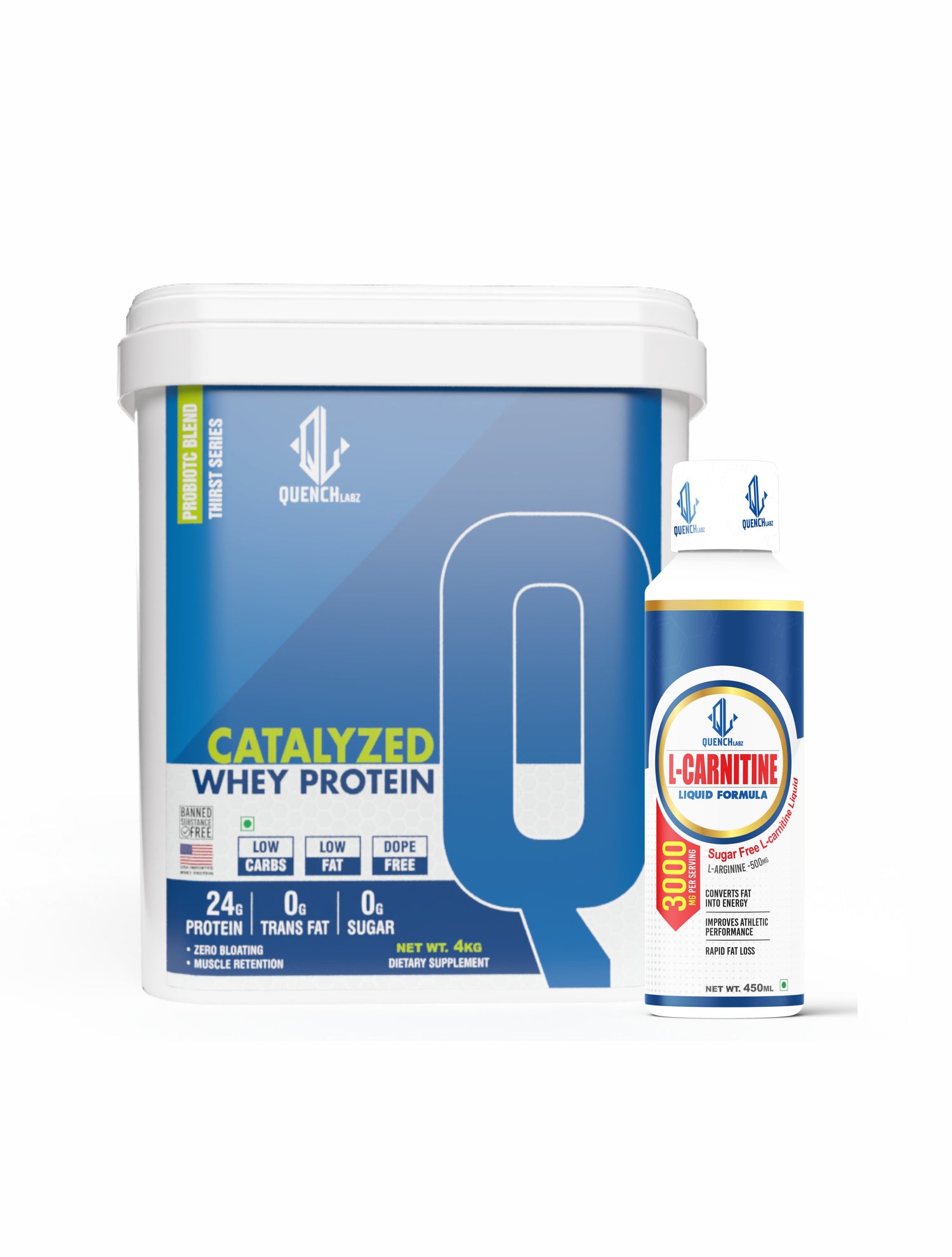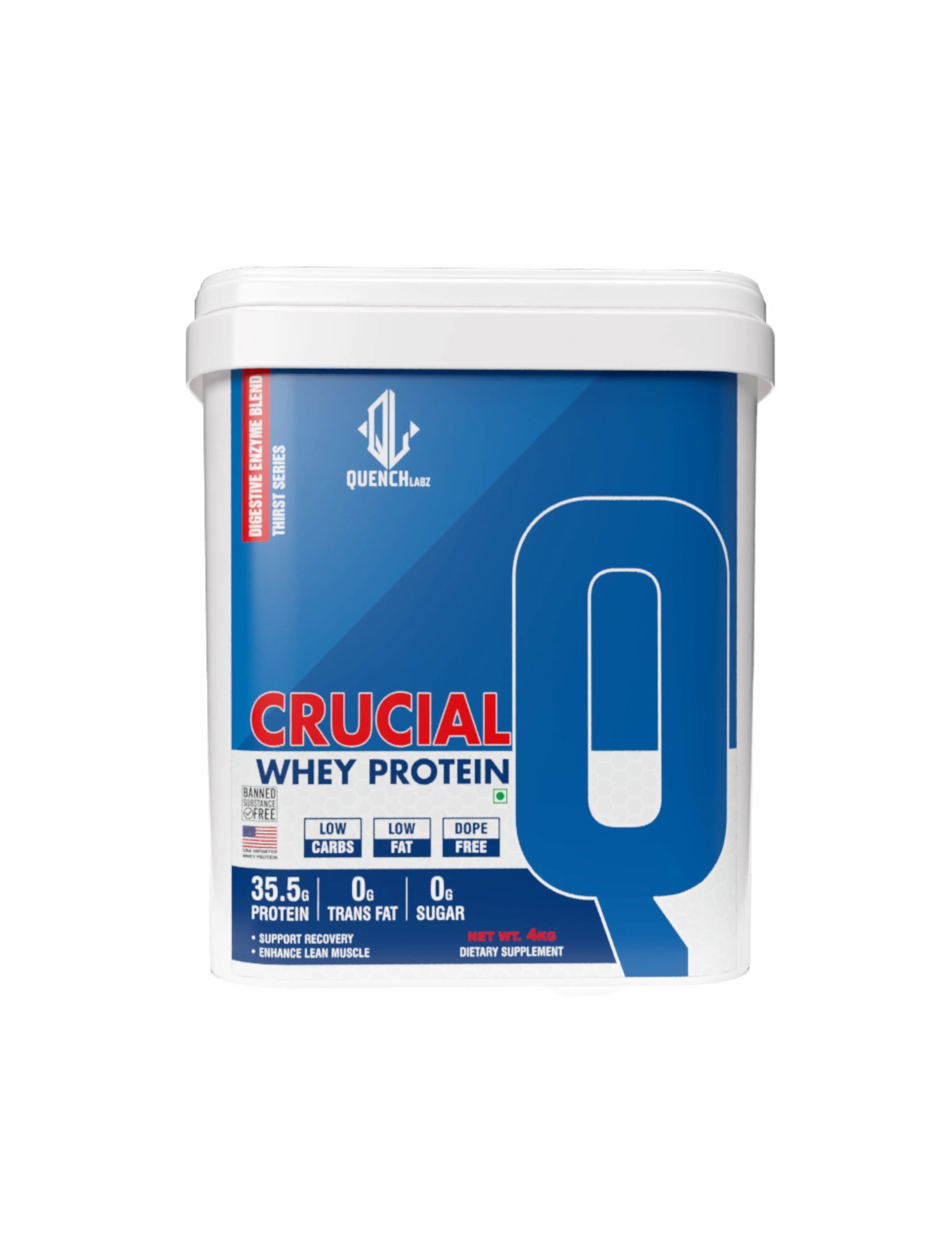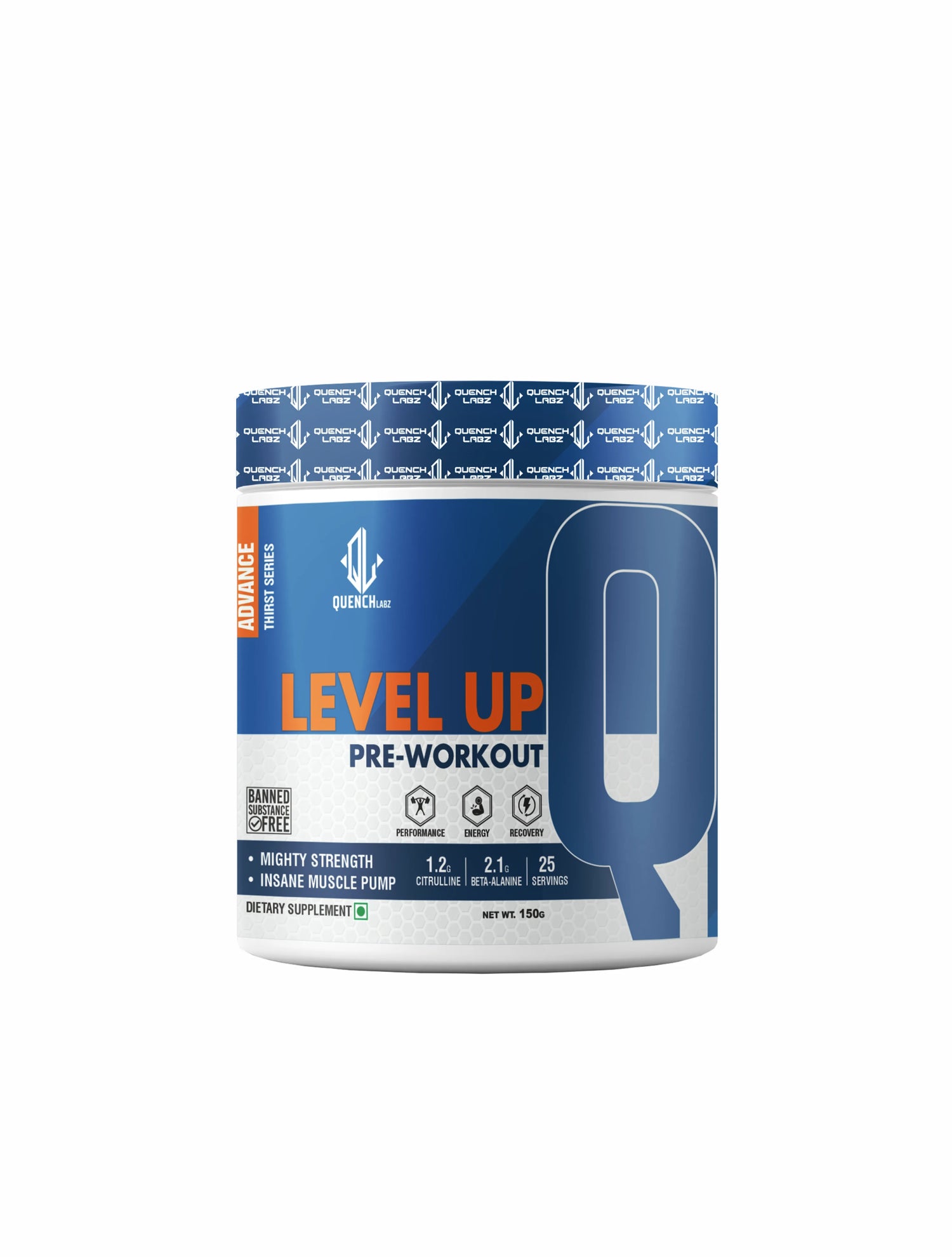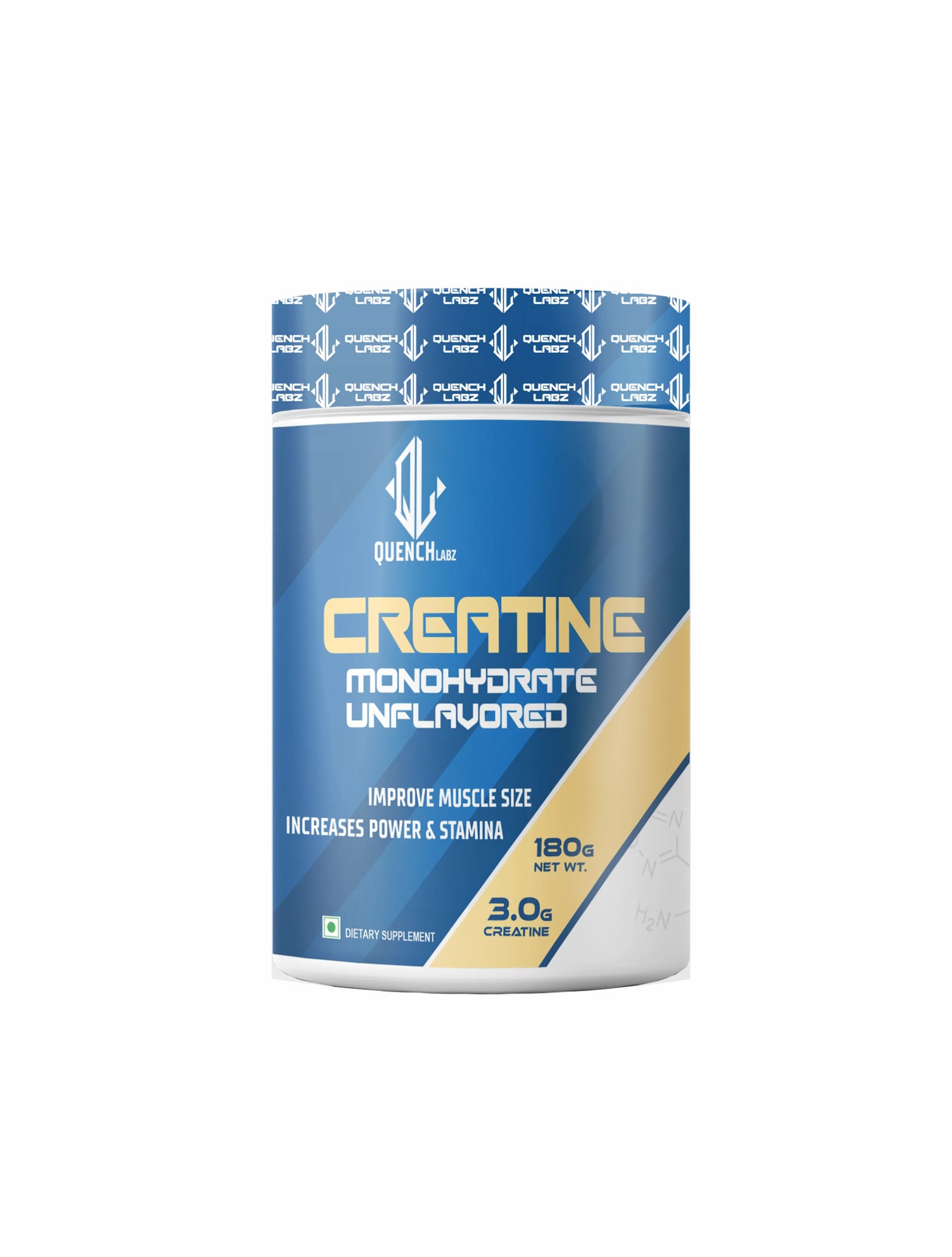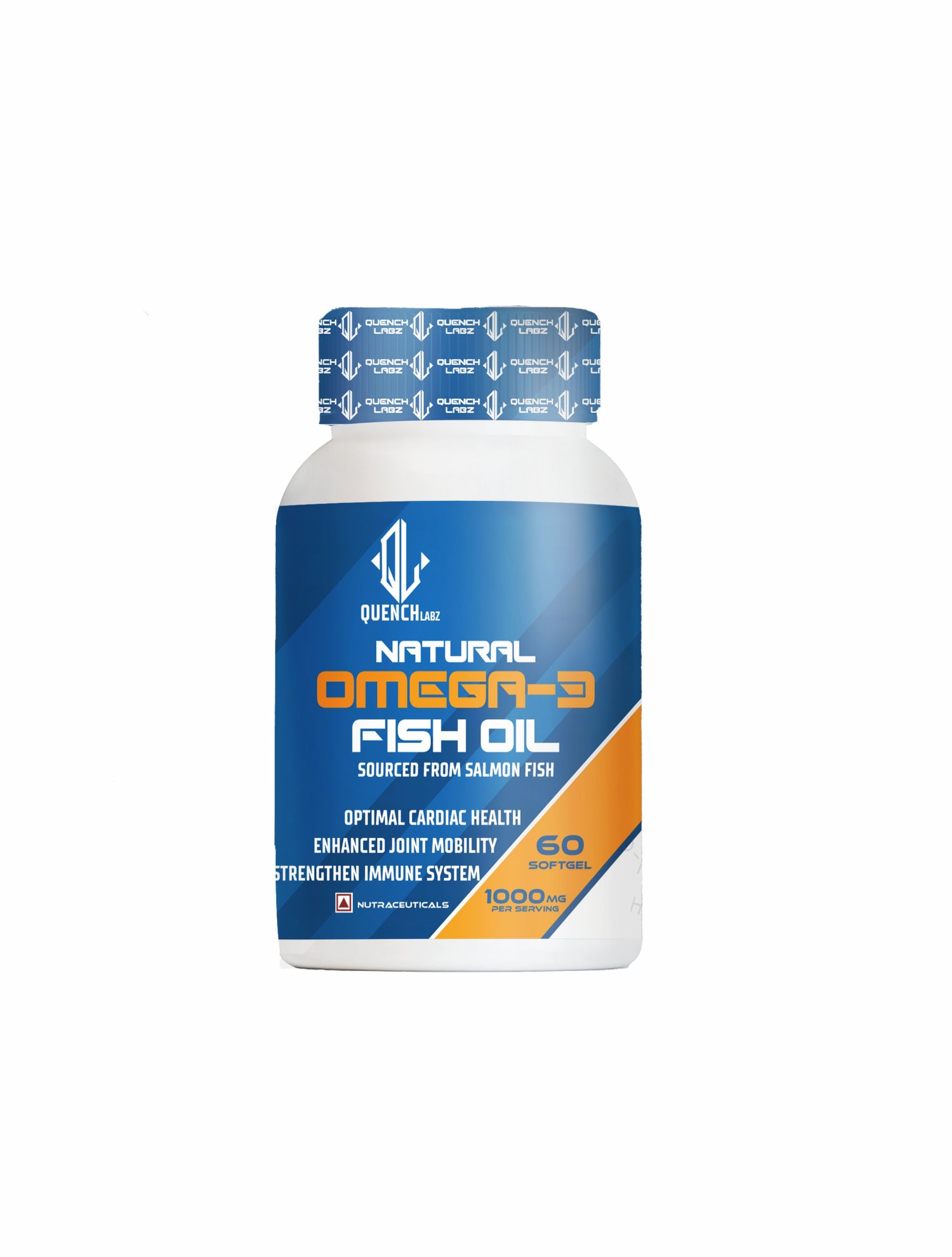Whey protein is a powerhouse supplement for anyone seeking to boost their protein intake, build muscle, or support overall health. Among the various types of whey protein, whey protein concentrate and whey protein isolate are the most popular. Both offer excellent benefits, but understanding their differences can help you choose the right option for your goals. Let’s dive into the details of these two protein types to make an informed decision.
What is Whey Protein Concentrate?
Whey Protein Concentrate (WPC) is a high-quality protein derived from milk during the cheese-making process. It is the least processed form of whey protein, which helps it retain more of its natural nutrients, including lactose and fats.
Key Features of Whey Protein Concentrate:
-
Protein Content: Typically contains 70-80% protein by weight.
-
Lactose and Fat: Includes small amounts of lactose and fat, contributing to its creamy texture and richer flavor.
-
Cost-Effective: Often more affordable than other whey protein types.
-
Nutritional Value: Retains beneficial compounds such as immunoglobulins and lactoferrin.
What is Whey Protein Isolate?
Whey Protein Isolate (WPI) undergoes additional processing to remove most of the lactose, fat, and carbohydrates, leaving a product that is nearly pure protein.
Key Features of Whey Protein Isolate:
-
Protein Content: Contains over 90% protein by weight.
-
Low in Lactose: Suitable for those with mild lactose intolerance.
-
Low Fat and Carbs: Ideal for calorie-conscious individuals.
-
Fast Absorption: Quickly digested and absorbed by the body.
Whey Protein Concentrate vs. Whey Protein Isolate: Key Differences
|
Feature |
Whey Protein Concentrate |
Whey Protein Isolate |
|
Protein Content |
70-80% |
90% or higher |
|
Lactose and Fat |
Contains small amounts |
Minimal or none |
|
Cost |
More affordable |
More expensive |
|
Processing |
Less processed |
Highly processed |
|
Flavor and Texture |
Richer, creamier |
Lighter, neutral |
|
Target Audience |
General users |
Calorie-conscious or lactose-intolerant individuals |
Benefits of Whey Protein Concentrate
-
Balanced Nutrition: Provides a mix of protein, fats, and carbs, making it ideal for general fitness.
-
Affordable Option: Cost-effective for individuals on a budget.
-
Rich Flavor Profile: Great for shakes and recipes that require a creamy texture.
Benefits of Whey Protein Isolate
-
High Protein Content: Perfect for those focused on muscle building or strict protein intake.
-
Low in Lactose and Fat: A better choice for those with lactose intolerance or specific dietary needs.
-
Rapid Digestion: Excellent for post-workout recovery.
Which One Should You Choose?
The choice between whey protein concentrate and whey protein isolate depends on your goals, dietary restrictions, and budget:
-
Choose Whey Protein Concentrate if:
-
You’re looking for a cost-effective protein source.
-
You don’t have lactose intolerance.
-
You want a protein powder with a richer flavor.
-
Choose Whey Protein Isolate if:
-
You’re lactose intolerant or sensitive to dairy.
-
You’re following a low-carb or low-fat diet.
-
You need fast-digesting protein for post-workout recovery.
Final Thoughts
Both whey protein concentrate and whey protein isolate are excellent choices for improving your protein intake. While whey protein concentrate offers a nutrient-rich and affordable option, whey protein isolate caters to those with specific dietary needs or strict fitness goals. Evaluate your preferences, health requirements, and budget to make the right choice.
No matter which you pick, incorporating whey protein into your diet can help you achieve better health, enhanced performance, and effective muscle recovery. Choose wisely and enjoy the benefits of this superfood supplement!



